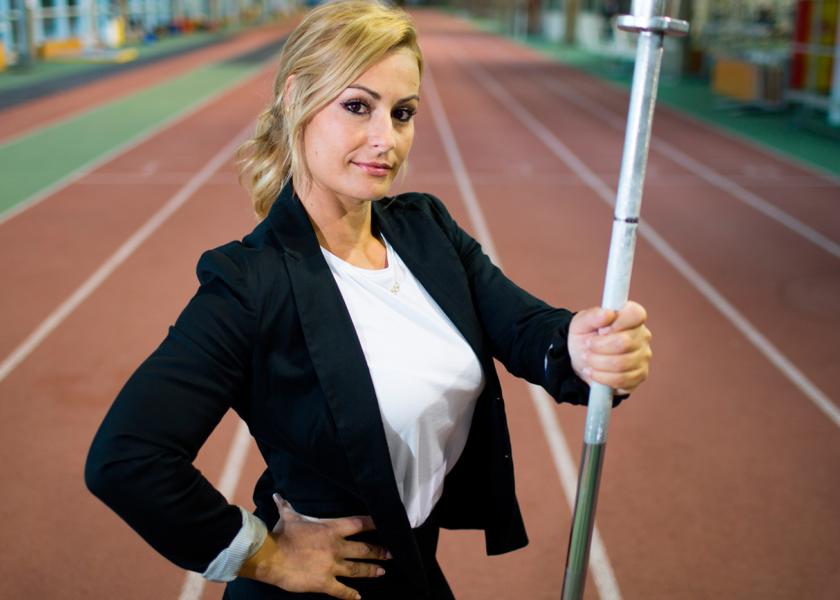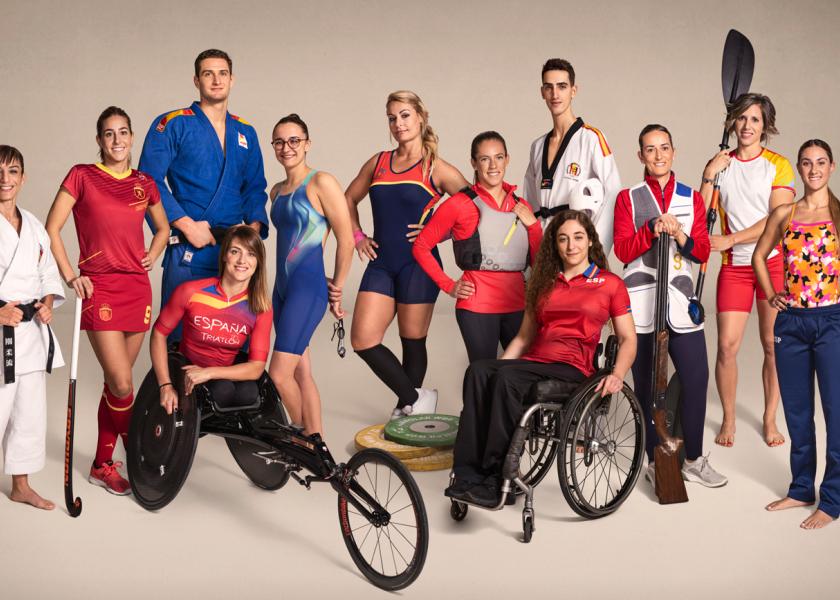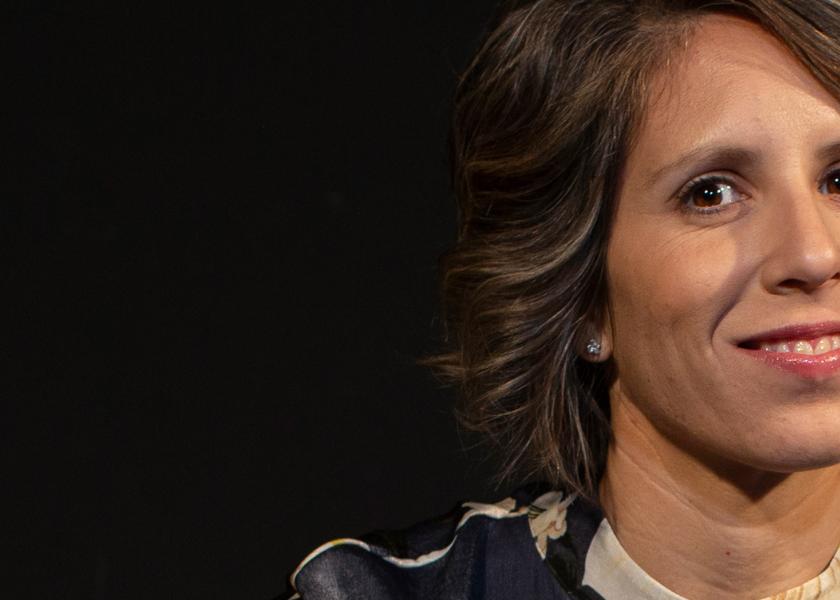Jesús Tortosa
Art and Combat
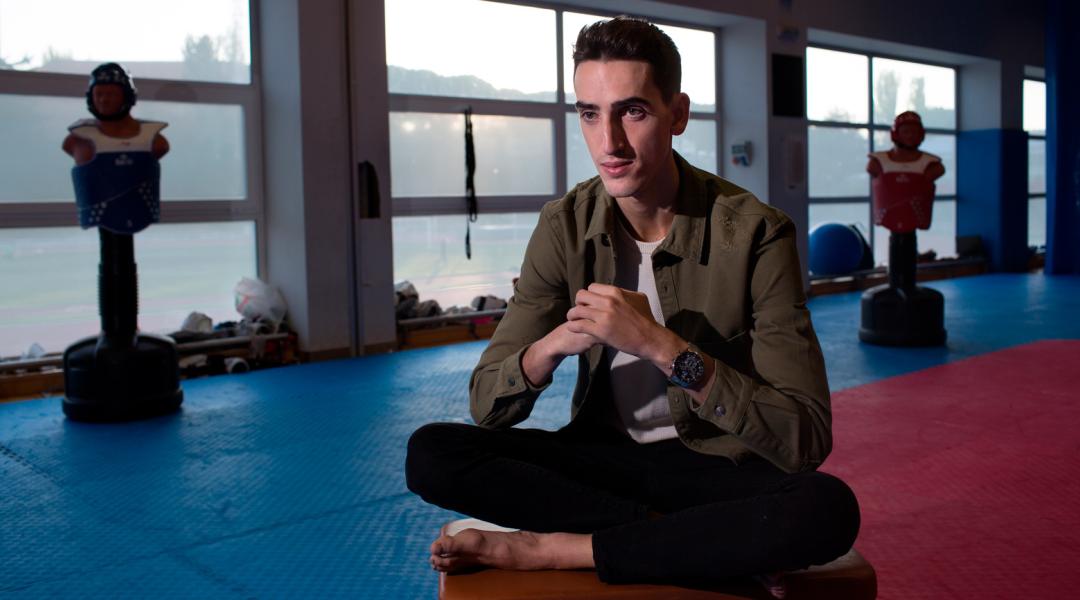
Taekwondoist Jesús Tortosa is going to Tokyo Olympics feeling optimistic and with plenty of possibilities to take home a medal. This will be his second Olympic Games—time to conquer the Japanese tatami.
Unlike many of his opponents, Jesús Tortosa (Madrid, 1997) won’t have to fight any of his fellow countrymen to get to the capital of Japan. It’s one of the perks of being the best taekwondoist in the country, and one of the best in the world: as of today, the Spaniard is third on the global ranking, right behind two South Koreans, one of which won’t be able to compete in Tokyo. In other words, he is one of the top candidates for a medal this summer. “In these four years I’ve managed to become third in the world, ended on the podium at several European tournaments, won international medals, got a good ranking spot—it does all give me the feeling I should be able to win a medal at the Olympics,” he says, unafraid to accept the high expectations, both the connoisseurs’ and his own.
Despite his youth, Tortosa already shows maturity, partly thanks to his experience at Rio 2016. “I went to my fist Olympic Games at eighteen. It was all new to me, and I was very excited to see what would happen. Now, the rules have changed, because I have four more years under my belt,” he admits. Having finished fifth at the previous edition, and the great results of the years that followed, fill him with confidence. “I think I’ve worked hard and well, and I believe I can do even better than in Rio. This time, I have a better track record, and I’m going in with the intention to win an Olympic medal.” His self-assurance is strengthened by hours of hard work. “I train Mondays to Saturdays, and I divide my sessions in two parts: in the mornings we work on the most physical part—resistance, power, and strength; in the afternoons we do two hours of tactics applied to the taekwondo guidelines and the style of my opponents,” he explains.
“I went to my first Olympic Games at eighteen. Now, the rules have changed, because I have four more years under my belt”
While we’re talking to Jesús, we’re disturbed by the shouts of taekwondoists training elsewhere in the hall. He, on the other hand, doesn’t even seem to notice them. Is it normal to let out a scream with every blow, even when you’re just training? “Yes,” he says, laughing. “At the end of the day it’s a combat sport in which we let out all our energy. Also, we must accompany every blow with a shout in order to distinguish them from our opponents’, and so that the referee can be witness. Sometimes people are gobsmacked when they see us training!” Indeed.
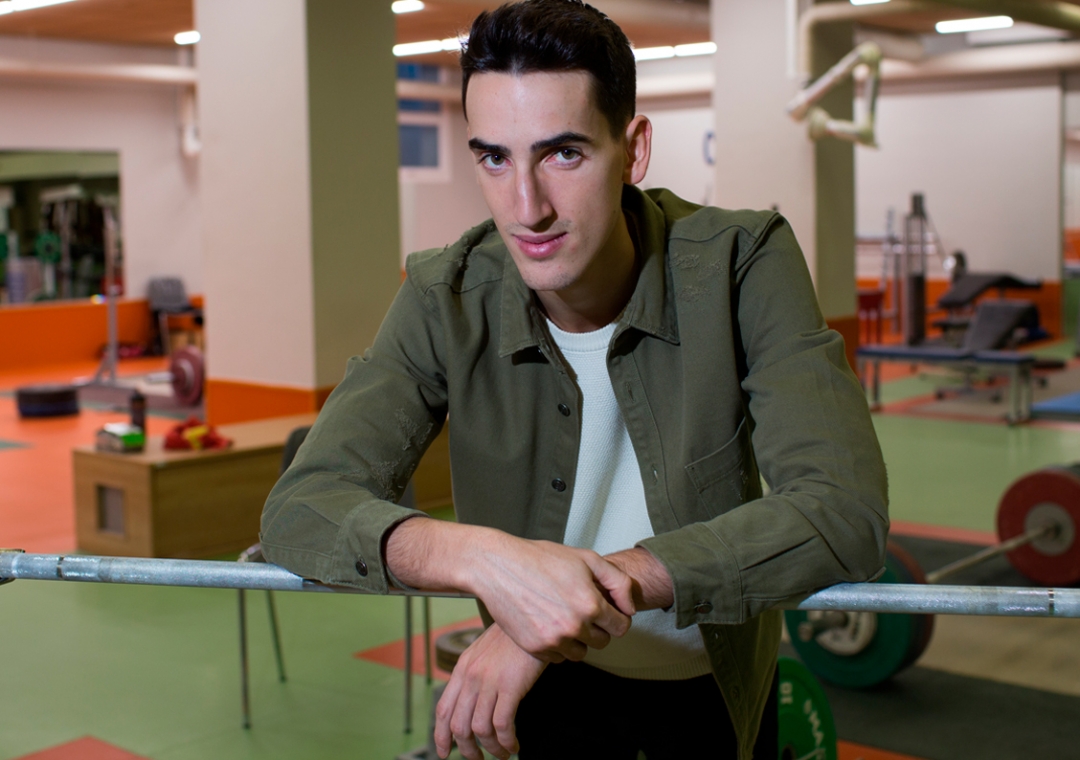
Jesús Tortosa’s great results of the past Olympic cycle make him a serious contender for a medal. © Rafael Fabrés
Taekwondo, music, and foodie plans
As the conversation evolves, Jesús diverges from the script he started the conversation with and starts showing a more personal and spontaneous side. He admits he’s an avid taekwondo fan, a passion instilled in him by his father, who was an international taekwondoist as well. “I love it so much that when I’m not training or competing, I’m watching it. Even so, I try not to think about it all the time, because it would be too much,” he timidly confesses.
But it’s not all kicks, shouts, and training in the life of this top athlete: “I love playing the guitar, and I always try to make some time to do it. And I love good food. I’m on a diet practically all year, so whenever I can I go on some gastronomic tour with my girl,” he reveals. They’re two hobbies he combines with studying at the Faculty of Physical Activity and Sports (INEF). “I’m at the faculty before training, and I try to study after. I also try to do other things to not be thinking about taekwondo all day and to clear my head.”
While we’re on the subject of studies, here’s an exam question: how would a martial arts expert define talent? “Some people are born with a gift; like a baker who’s born with the ability to make the perfect dough, a taekwondoist is born with the ability to place a perfect kick.” However, while it would be obvious for a son of a top taekwondoist to attribute part of his success to genetics, Tortosa radically rejects the idea: “Talent means nothing without work. It’s great to have talent, but you must work on it and make sacrifices to achieve great things. That’s my life philosophy.”
He has already enjoyed successes in the two categories he has competed in (–54 kg and –58 kg): bronze at the World Cup in 2017, bronze at the European Championship in 2014, and three silver medals at the World Championships in 2016 and 2018 and the European Games in 2015. Still, despite being in the upper echelons for years, winning the National Sports Prize in 2015, and winning medals in world- and different European tournaments, Tortosa has yet to kick and punch his way to that one medal: the one made of Olympic gold.
